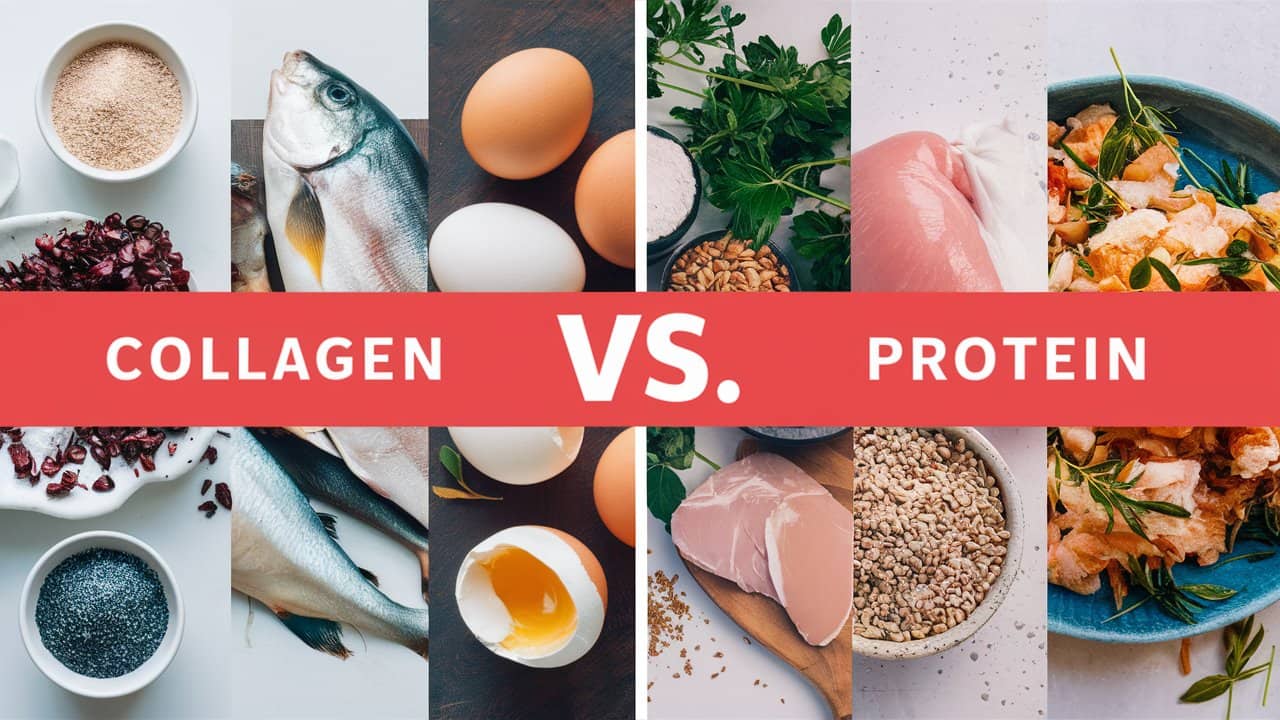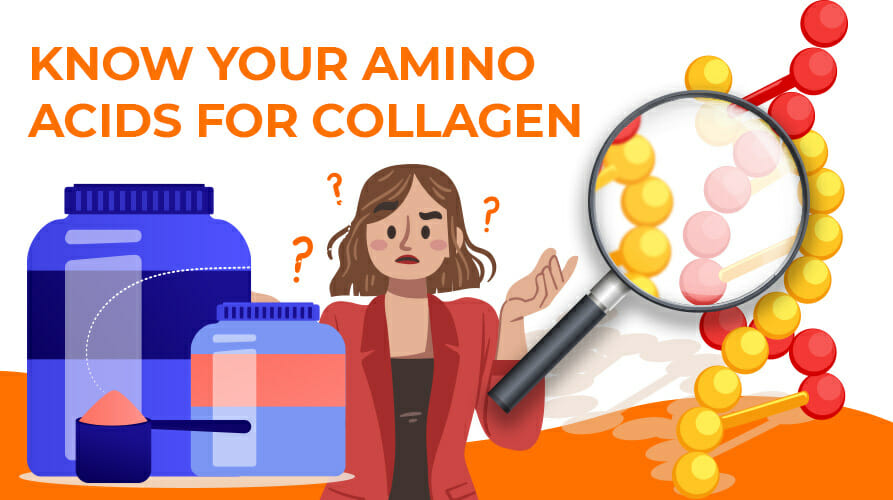Proteins are fundamental to the structure, function, and regulation of the body’s tissues and organs. Among these proteins, collagen stands out due to its abundance and specific role in maintaining the integrity of various connective tissues. However, while collagen is a type of protein, there are distinct differences between collagen and proteins in general. This article explores these differences and highlights the unique characteristics of collagen.
What is Protein?
Proteins are large, complex molecules composed of amino acids. These amino acids are linked together in various sequences to form polypeptide chains, which fold into specific three-dimensional structures. Proteins play diverse roles in the body, including:
- Structural Support: Proteins like keratin (found in hair and nails) and actin/myosin (found in muscles) provide structural integrity and support.
- Enzymatic Activity: Many proteins function as enzymes, catalyzing biochemical reactions essential for metabolism and other cellular processes.
- Transport and Storage: Proteins like hemoglobin transport oxygen, and ferritin stores iron, crucial for maintaining physiological functions.
- Immune Function: Antibodies, which are proteins, play a critical role in identifying and neutralizing foreign pathogens like bacteria and viruses.
- Signaling: Hormones and receptors, which are proteins, are vital for cell communication and regulation of biological processes.
What is Collagen?
Collagen is a specific type of protein that is the most abundant in the human body. It is a key component of connective tissues, such as skin, tendons, ligaments, and bones. Collagen has a unique triple-helix structure composed of three polypeptide chains. This structure is rich in specific amino acids, including glycine, proline, and hydroxyproline, contributing to its strength and flexibility.
Key Differences Between Collagen and Protein
- Type and Function:
- Proteins: This term encompasses a vast group of molecules with diverse functions across different systems in the body. They can be structural, enzymatic, transport, storage, immune, and signaling proteins.
- Collagen: A specific protein primarily involved in providing structural support and tensile strength to connective tissues. It plays a crucial role in skin elasticity, joint health, and maintaining the structural integrity of tissues.
- Composition:
- Proteins: Composed of 20 different amino acids arranged in various sequences and structures, leading to a wide array of proteins with different functions.
- Collagen: Mainly composed of the amino acids glycine, proline, and hydroxyproline. These amino acids form a unique triple-helix structure that provides collagen with its characteristic strength and stability.
- Abundance:
- Proteins: Found throughout the body in all tissues and organs, performing various functions.
- Collagen: The most abundant protein in mammals, accounting for about 30% of the total protein content in the human body. It is especially prevalent in connective tissues.
- Function Specificity:
- Proteins: Serve a wide range of functions, including metabolic processes, signaling pathways, immune responses, and structural roles.
- Collagen: Specialized in providing tensile strength, elasticity, and structural support to tissues. It is critical for skin elasticity, joint function, and the overall structural integrity of tissues.
Summary
While collagen is a type of protein with a specialized role in the body, not all proteins are collagen. Proteins encompass a broad category of molecules that include enzymes, hormones, structural components, and more, each with diverse functions essential for life. Collagen, on the other hand, is specifically designed to provide structural support and is particularly abundant in connective tissues.
Understanding the differences between collagen and general proteins helps in appreciating the unique roles they play in maintaining health and functionality in the body. Whether it’s the structural support of collagen or the diverse functions of proteins, both are indispensable to human health.









